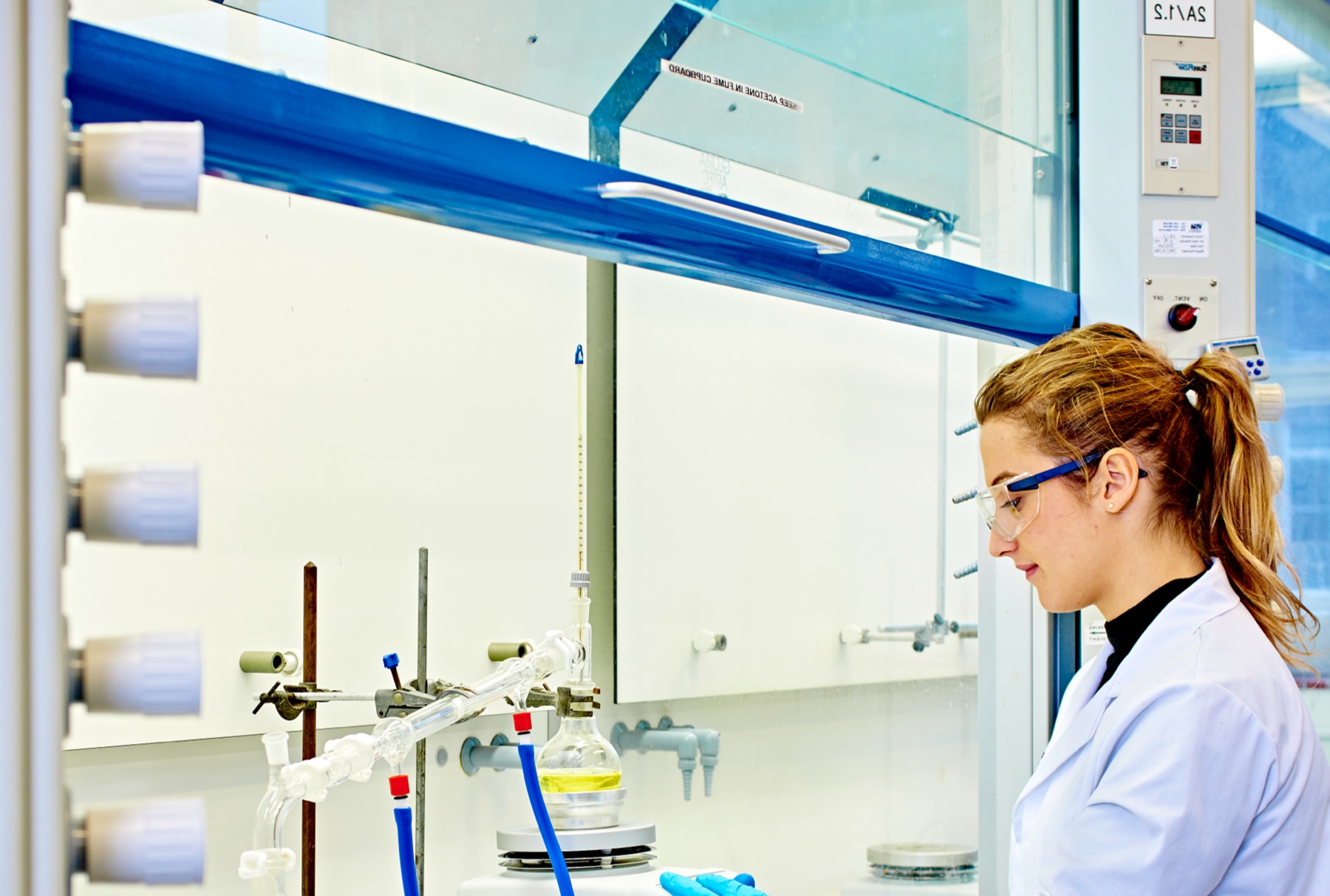Jumping the Hurdles Limiting Polymer Fuel Cell Performance
We are improving the performance of fuel cells and reducing their cost.
Project leader
Dates
November 2011 to November 2014
Sponsors
Partners
Imperial College London
We are bringing together individuals and institutions with a varied and complimentary skill set. All members of the team have an extensive and world-class background in fuel cell research and development. The institutions are well provisioned to undertake this work.
A number of Institutions and companies are supporting the work. The project consists of four research work packages and one coordinating work package.
Operation of fuel cells on 'dirty' fuels
Fuel cells need high quality hydrogen to prevent poisoning of catalysts and membranes. This not only increases the cost of fuels, but limits possible sources unless extensive clean-up methods are used. We will study the poisoning mechanism and poison content of fuels/air. We will develop catalysts with improved poison resistance. We will improve the operation of fuel cells on available fuels in the near term, and the use of 'dirtier fuels' (biogenic sources) in the longer term.
Reducing the cost of fuel cells
Catalyst costs are one of the major components of fuel cell system cost (~25-30% of total). We will look at reduced platinum loading systems and how these systems interact with poor quality fuel/air. In the short term the desire is to reduce the cost and catalyst requirements. Over the longer term, there is a desire to transition to new catalysts. Hence, we will also look at the development of new non-precious metal (or reduced precious metal) catalysts. We will consider the integration of these catalysts with new catalyst supports.
Improvement in fuel cell longevity
Fuel cell longevity is a function of catalyst degradation and extreme conditions. These occur during start-up/shut down and other extraneous events. We will examine diagnostics to interrogate and understand the degradation processes. We will look at the development of improved catalyst supports and catalysts to resist degradation.
Improving fuel cell systems efficiency
To improve fuel cell efficiency, we must identify bottlenecks and those areas where most losses are occurring. We will develop and apply a range of in-cell and in-stack approaches to understand where efficiency losses are occurring. At the same time, we will examine the development of fuel cell balance of plant components to improve system efficiency.
We will couple these approaches with system modelling to assess the best areas to achieve performance gains.
